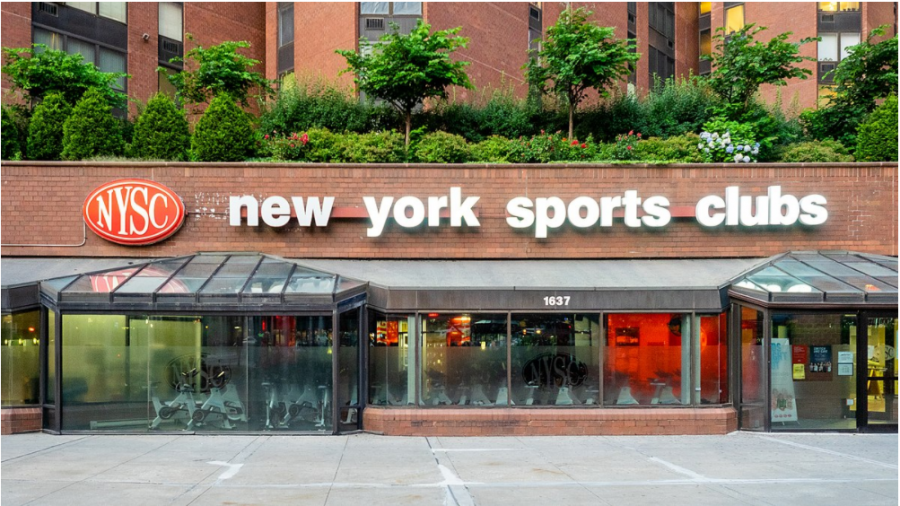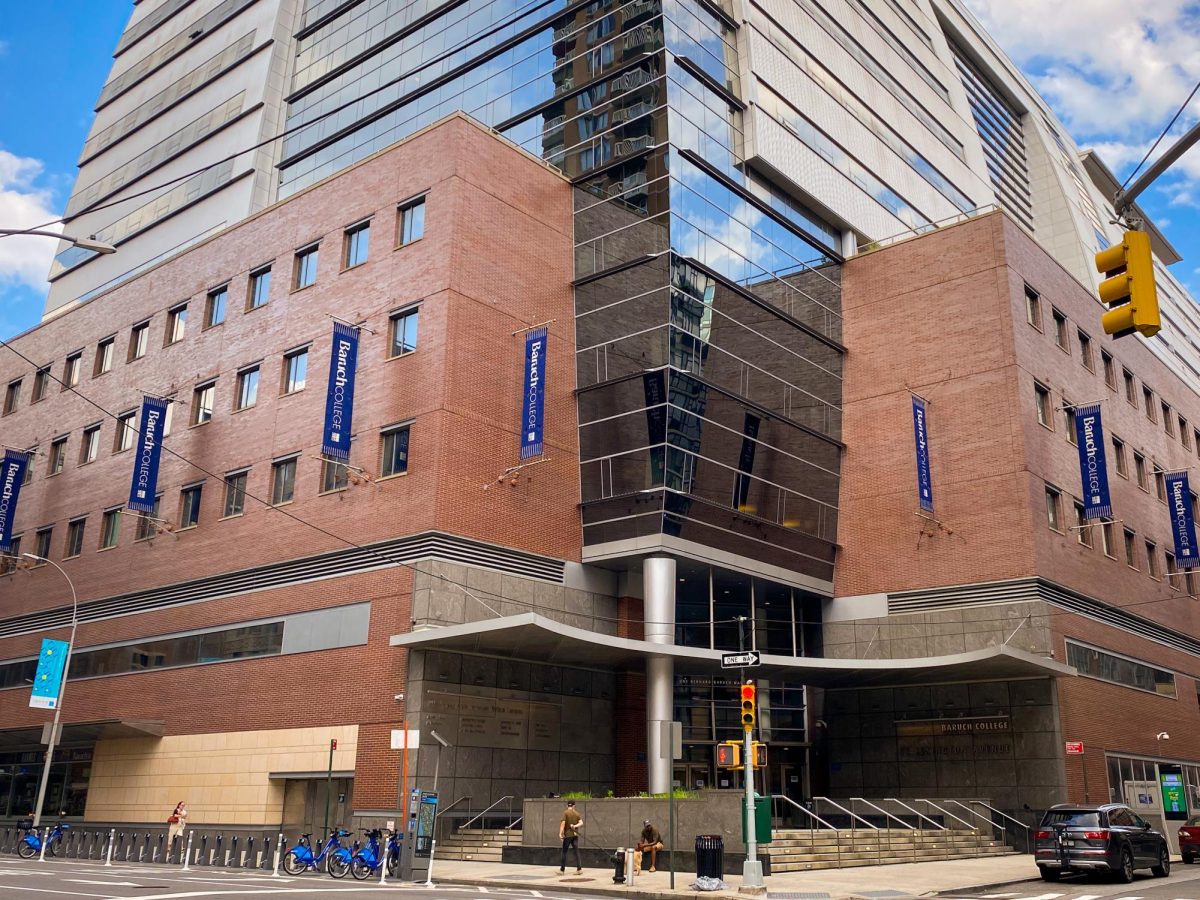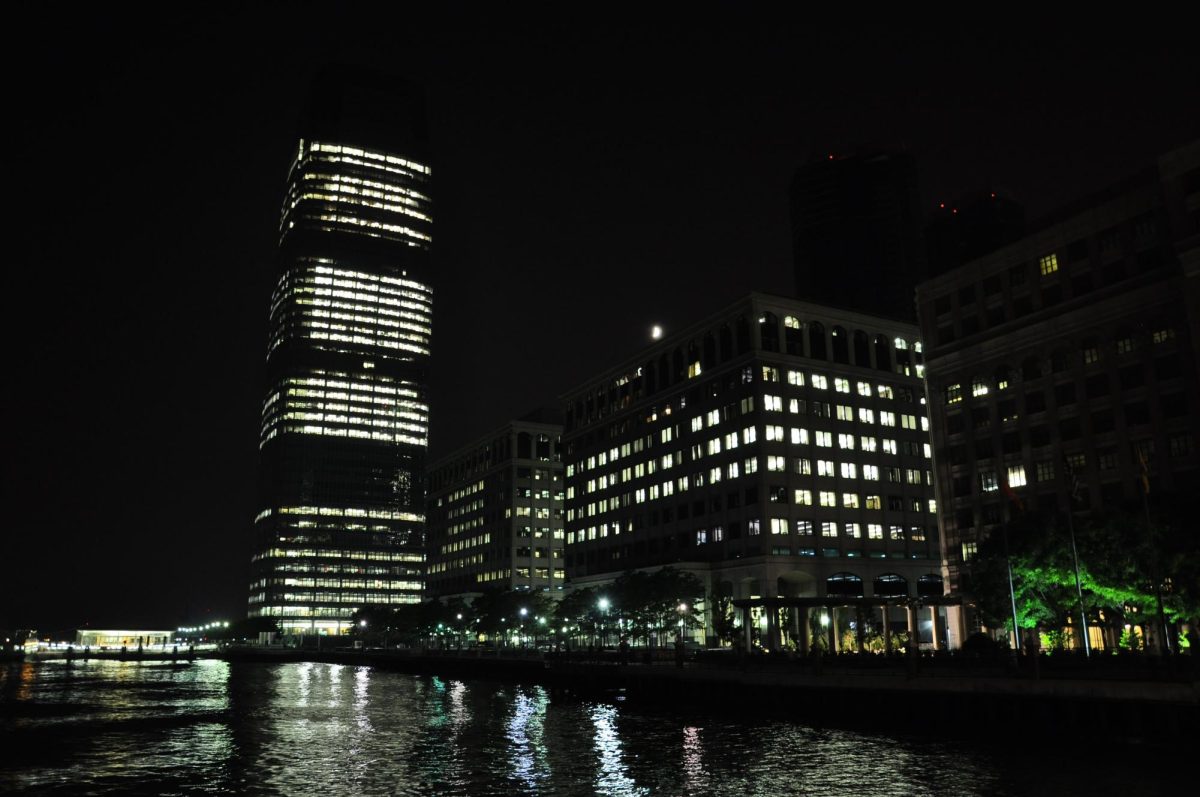Since early January, the coronavirus pandemic has impacted not only the health of its victims, but also the health of numerous business industries, including the fitness industry. However, as the country went into lockdown, some New York gyms continued charging their customers in order to stay afloat.
Gyms across the country were forced to shut down in the middle of March due to the spread of the coronavirus and remained closed until Sept. 2, which was the end of Governor Andrew Cuomo’s Phase 4.
By that time, many gyms had already been forced to close down permanently due to the complete lack of income they faced after freezing large numbers of memberships. However, some gyms still continued charging monthly membership fees despite being closed to the public.
Specifically, Town Sports International Holdings, Inc., the parent company of New York Sports Clubs and Lucille Roberts, came under fire at the hands of the State Attorney General.
In their initial statement following the closing of all their properties, TSI wrote, “At this time New York Sports Club is not freezing or canceling memberships and is only permitting members to freeze or cancel their memberships by mail. Freezes and cancellations are subject to certain fees.” Following this, the company faced backlash due to their upholding of rigid policies despite financially uncertain times.
Unlike many other gyms, New York Sports Club was hesitant to issue a statement and held off until they faced legal consequences. Additionally, they said that it was the responsibility of its members to suspend their memberships with possible charges whereas other gyms, such as the Retro Fitness franchise, did so automatically.
On April 24, more than a month after gyms were ordered to close, Attorney General Letitia James announced that she had reached an agreement with TSI, and that the corporation promised to automatically freeze memberships at no cost to members, credit members for time the gym is closed and to allow members to electronically cancel memberships without penalties.
Ultimately, despite being allowed to reopen with limited capacity, the TSI announced in early September that they were filing for bankruptcy as a direct result of the financial crisis they endured at the hands of the COVID-19 shutdown.








